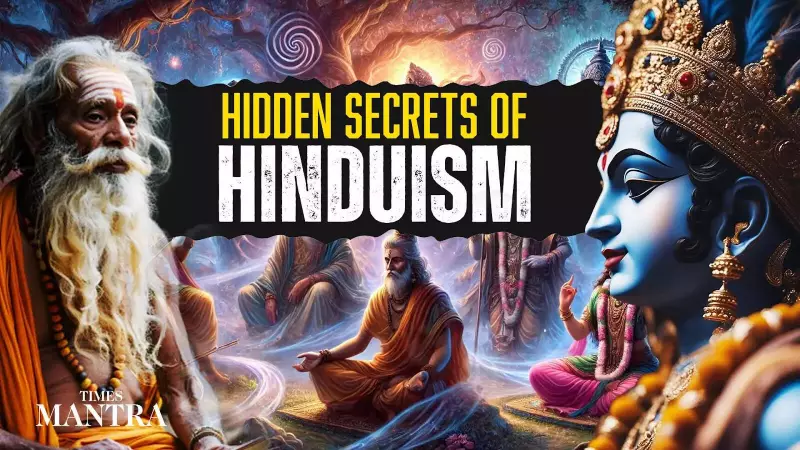
For generations, the Vedas have often been categorized as purely religious scriptures or mythological texts. However, a groundbreaking perspective presented by Yogesh Bharadwaj suggests these ancient texts might actually represent sophisticated scientific knowledge that predated modern discoveries by centuries.
The Hidden Science in Ancient Scriptures
In his compelling analysis published on November 10, 2025, Bharadwaj challenges conventional understanding of Hindu scriptures. He proposes that what many consider mythological stories and spiritual mantras actually contain encoded scientific principles about the universe's creation and fundamental laws.
The exploration delves into whether ancient Indian sages and seers were actually pioneering scientists who had decoded life's mysteries long before contemporary science began uncovering similar truths. Yogesh Bharadwaj's work systematically examines the logical framework underlying Hindu Dharma, presenting evidence that could revolutionize how we perceive ancient Indian knowledge systems.
Beyond Mythology: The Vedic Blueprint
The research indicates that the Vedas contain more than spiritual guidance—they potentially hold blueprints for understanding cosmic phenomena and natural laws. Bharadwaj's investigation reveals that our ancestors might have possessed advanced comprehension of physics, astronomy, and life sciences that modern science is only now beginning to grasp.
Rather than dismissing these texts as mere mythology, the study encourages readers to recognize them as mantras containing profound scientific wisdom. This perspective shift could lead to rediscovering valuable knowledge that has remained buried within Indian civilization for millennia.
Rediscovering Lost Knowledge
The timing of this revelation coincides with growing global interest in ancient wisdom and its relevance to contemporary life. Bharadwaj's work bridges the gap between spiritual traditions and scientific inquiry, suggesting that the distinction between faith and science might be more fluid than previously assumed.
This exploration comes at a crucial moment when both scholars and the general public are increasingly open to re-evaluating historical texts through modern scientific lenses. The research emphasizes that ancient Indian wisdom deserves serious academic consideration beyond its religious and cultural significance.
As we continue to face complex scientific and philosophical questions, looking back at these timeless texts might provide unexpected answers and insights that have been waiting to be rediscovered within our own civilizational heritage.






